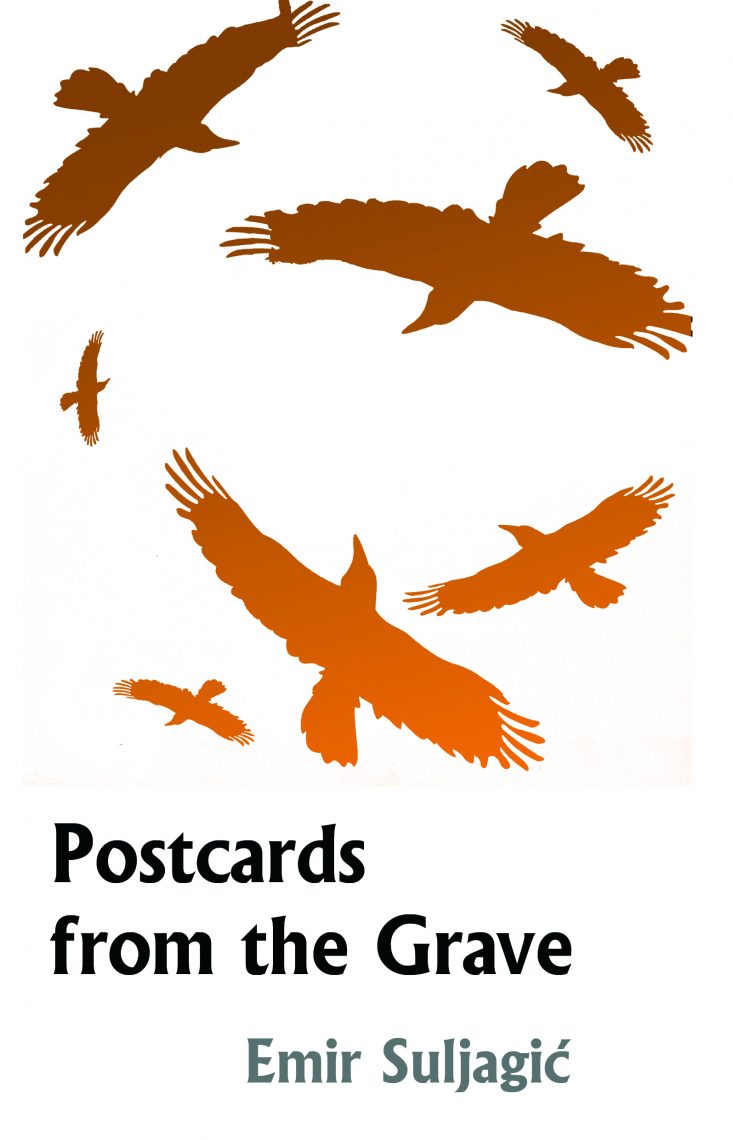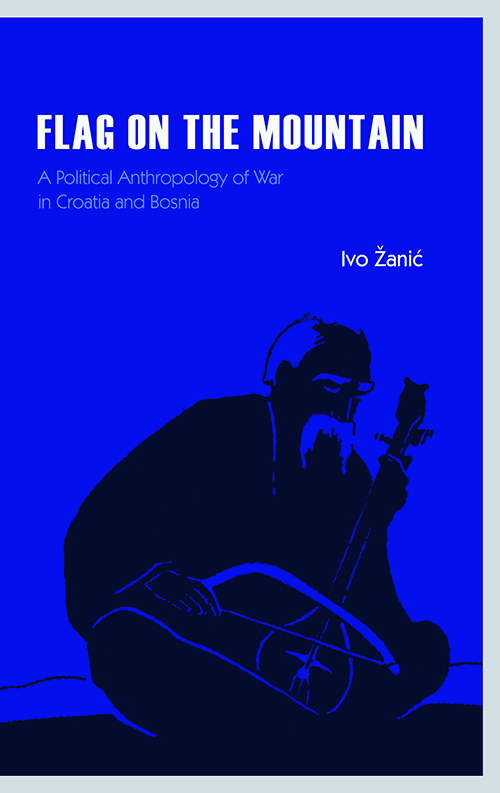
Postcards from the Grave
£12.99
Out of stock
About the Book
In May 1992, while Serb nationalist forces ‘cleansed’ the towns and villages of the Drina valley in eastern Bosnia of their formerly majority Muslim population – as part of Slobodan Milošević’s criminal attempt to carve an expanded Serbia from the successor states of the former Yugoslav federation – thousands of fleeing, desperate people converged on the small town of Srebrenica in search of refuge.
For many of them this would prove to be a fatal decision. Serb forces besieged the town for three years, undeterred even when it was proclaimed a ‘UN Safe Area’. As more and more refugees fled to Srebrenica from the surrounding villages, conditions there became unbearable: near-starvation, daily death, degradation of civilized life. The victims themselves were caught up in the dialectic of violence. Finally, after three years of agony, and as those sent to protect them stood by, Srebrenica was destroyed. In just a few days in July 1995 Bosnian Serb forces murdered some 8,000 people.
Against all odds Emir Suljagić survived, while the lives of nearly every man he had ever known – and those of many women too – were wiped out. His haunted record of those terrible times offers a fitting monument to those who died.
Afterword by Ed Vulliamy, Guardian journalist and author of Seasons in Hell: Understanding Bosnia’s War.
About the Author
Emir Suljagić was born in 1975 in Ljubovija, Yugoslavia (Serbia), but spent his youth across the river Drina in Bratunac (Bosnia-Herzegovina). In April 1992, along with thousands of other Bosnian Muslims, he sought refuge in Srebrenica. After the war he read political science at the University of Sarajevo, and from September 1996 worked as a reporter and staff writer for the Sarajevo-based weekly magazine Dani. Between 2002 and 2004 he reported from The Hague on the Yugoslav war-crimes trials, as a correspondent for Dani and for the London-based Institute for War and Peace Reporting. He lives in Sarajevo.
Reviews
‘A beautifully turned work. He does not rant or insult; he just tells the story of Srebrenica.’ Economist
‘Just to bear witness would be enough but Suljagić writes with the skill of an accomplished novelist.’ The Observer
‘A moving testimony of a survivor, published to commemorate the 10th anniversary of the Srebrenica massacre.’ The Bookseller

